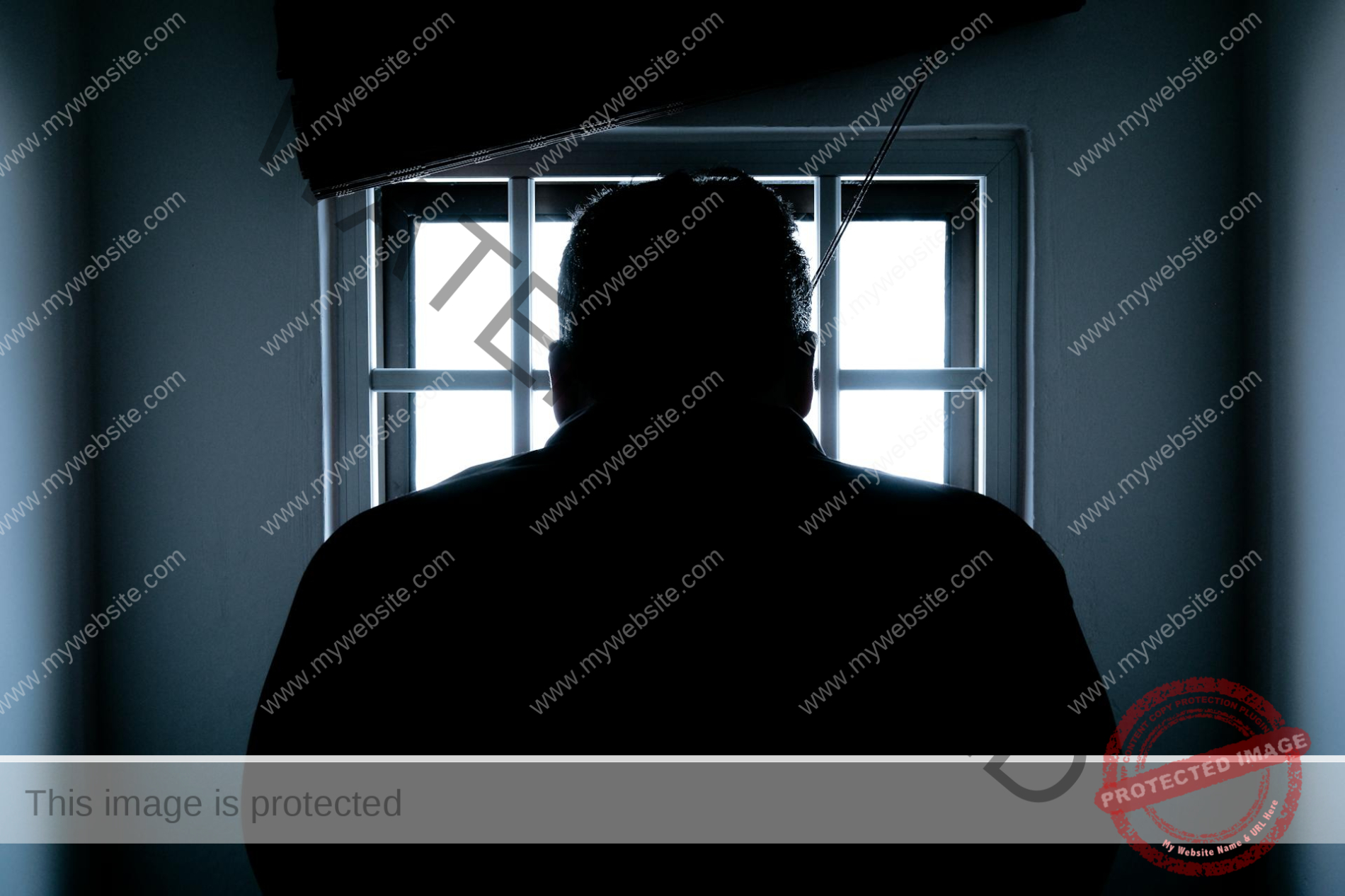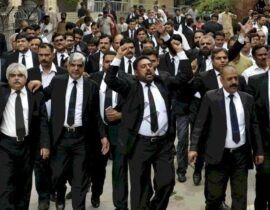Fundamental Rights in Peril: The Maintenance of Public Order Ordinance, 1960

The Maintenance of Public Order (MPO) Ordinance, 1960, is a cornerstone of Pakistan’s legal framework, introduced to preserve public order and ensure security during times of political instability. However, its broad and often vague provisions have drawn significant criticism for undermining fundamental rights enshrined in the Constitution. Rooted in colonial-era preventive detention laws, the MPO was formalized during Ayub Khan’s regime in 1960, reflecting a need for control in a volatile political environment. While its intentions may have been well-meaning, its application has revealed a troubling disregard for individual liberties.
Freedom is never voluntarily given by the oppressor; it must be demanded by the oppressed. - Martin Luther King, Jr.
One of the most contentious aspects of the MPO is Section 3, which grants authorities the power to detain individuals without trial for up to three months based on the vague criterion of being a “threat to public order.” This section is often criticized for its lack of clarity and potential for misuse, as detentions rely on the “satisfaction” of government officials without substantial judicial oversight. Another controversial provision, Section 16, allows the government to restrict or ban publications deemed prejudicial to public safety, raising concerns about the suppression of free speech and the silencing of dissent. Journalists, activists, and political opponents have frequently been targeted under these provisions, fostering a culture of fear and self-censorship.
The MPO’s application not only infringes upon constitutional rights but also violates international human rights standards. Articles 9 and 19 of Pakistan’s Constitution, which protect liberty and freedom of speech, are often overridden by the sweeping powers of the ordinance. Internationally, the MPO falls short of the principles outlined in the Universal Declaration of Human Rights (UDHR) and the International Covenant on Civil and Political Rights (ICCPR), both of which oppose arbitrary detention and emphasize the need for due process and proportionality.
The lack of judicial oversight is a critical flaw in the MPO framework. Although review boards exist, they often fail to provide adequate checks and balances, leaving room for political and administrative misuse. Case studies have revealed numerous instances where individuals were detained without sufficient evidence or as a means of silencing opposition. This raises urgent questions about the separation of powers and the role of the judiciary in protecting fundamental rights.
Reforming the MPO is crucial for ensuring a balance between public safety and individual freedoms. Enhancing judicial oversight, defining key terms like “public order” to prevent abuse, and aligning the ordinance with international norms are necessary steps. Procedural safeguards, such as guaranteeing detainees the right to legal counsel and a fair trial, must also be prioritized to prevent arbitrary actions by authorities.
While the MPO Ordinance aims to maintain public order, its implementation often contradicts the values of justice and democracy. Without meaningful reforms, it risks perpetuating a system that prioritizes control over constitutional freedoms. A reimagined legal framework—one that respects both security needs and fundamental rights—is essential for a just and democratic Pakistan.

Syed M. Aizaz Mehdi
The Author is a practicing lawyer based in Islamabad with keen interest in Constitutional and Human Rights law.







